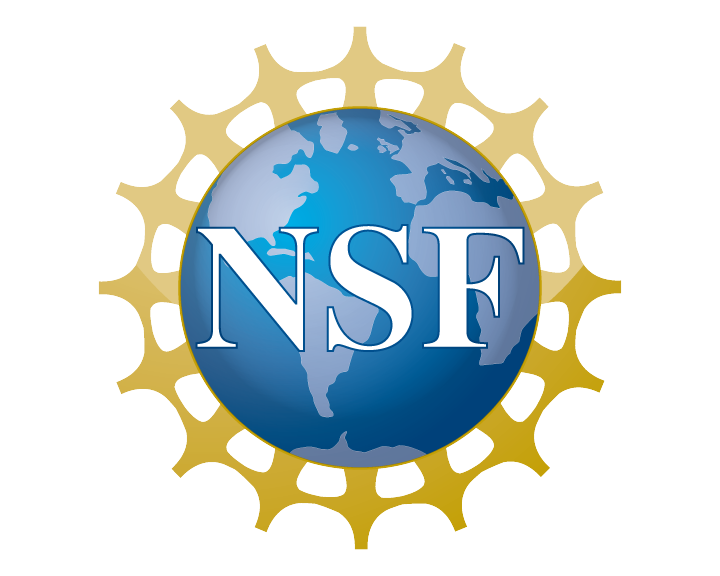NSF Funding Opportunity for Leading International Research Experiences for US Students

Recognizing the importance of globally educated scientists, the National Science Foundation has announced a new round of funding for its International Research Experiences for Students (IRES) program. This program allows investigators (e.g., psychological science faculty) to develop programs and support international travel for students via one of three “tracks”:
- IRES Sites: Scientists submit a proposal to create a research theme that enables an experience for undergraduate or graduate students to collaborate with international partners on individual research projects
- Advanced Studies Institutes: Scientists submit a proposal to develop an advanced studies institute, focused on educating advanced graduate students and addressing a spectrum within a broad area of a discipline
- New Concepts in International Graduate Experience: Scientists submit a proposal for a novel approach to providing research or professional development experiences to graduate students
For more information, visit the program page on the NSF website, or the NSF program solicitation. Applications for IRES Sites are due January 30, 2018, and applications for the two other tracks are due in February 2018.
Students interested in international research should note that they do not apply to this program directly—rather, they apply to participate in a principal investigator’s IRES program. A list of funded IRES programs is available at this link.





APS regularly opens certain online articles for discussion on our website. Effective February 2021, you must be a logged-in APS member to post comments. By posting a comment, you agree to our Community Guidelines and the display of your profile information, including your name and affiliation. Any opinions, findings, conclusions, or recommendations present in article comments are those of the writers and do not necessarily reflect the views of APS or the article’s author. For more information, please see our Community Guidelines.
Please login with your APS account to comment.